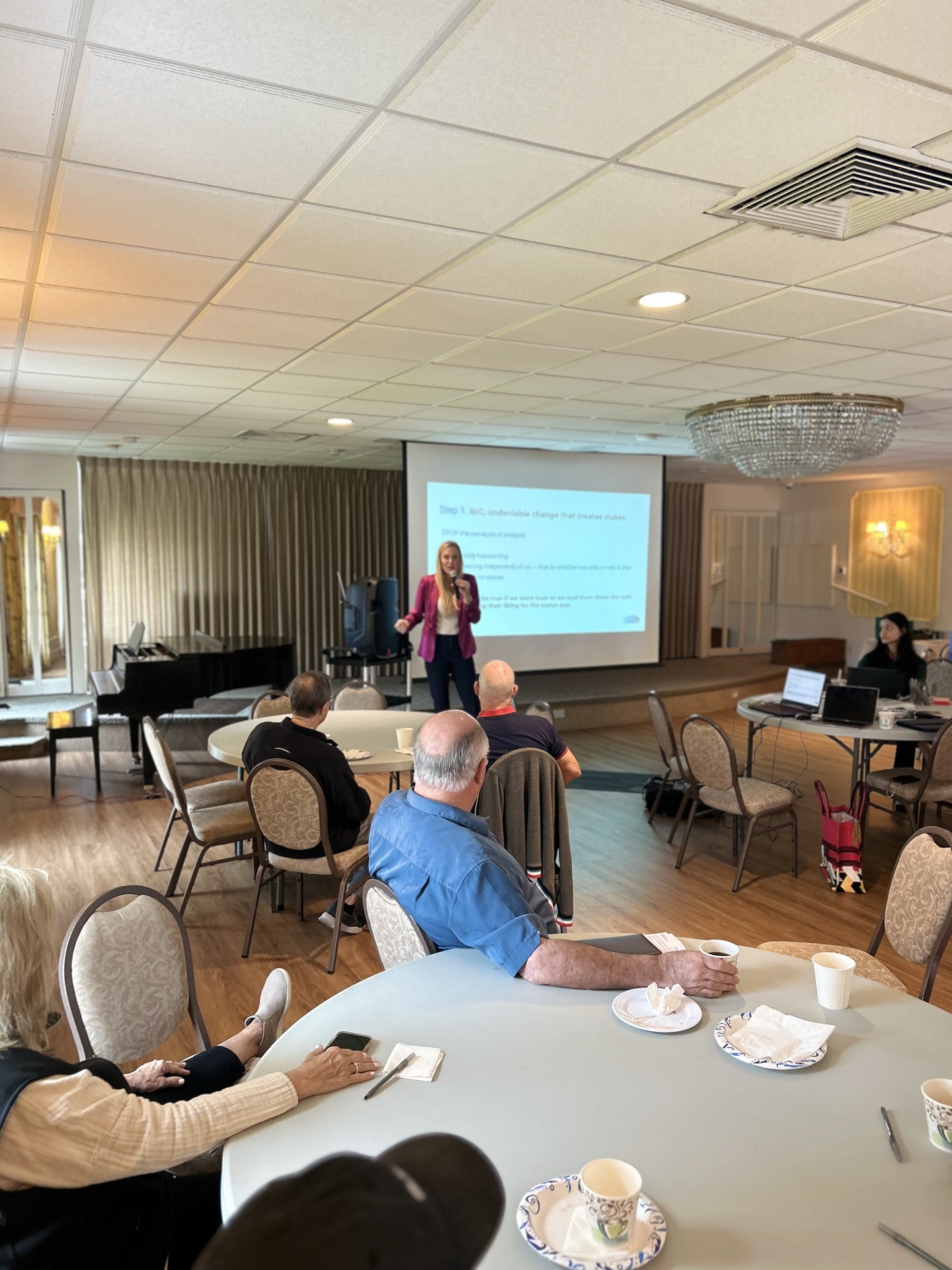5 Commercial Building Codes You Should Know

When it comes to constructing or renovating commercial properties, understanding and adhering to commercial building codes is non-negotiable. These codes are designed to help guarantee the safety, functionality, and accessibility of buildings, providing a framework for consistent standards across the industry. Dealing with these regulations can be complex. Familiarity with commercial building codes is necessary for developers, architects, and contractors.
Fire Safety Commercial Building Codes
Fire safety is a huge concern in commercial buildings, and codes related to this area are among the strictest. These regulations cover everything from the materials used in construction to the design and installation of fire suppression systems.
Fire safety codes mandate the inclusion of fire exits, sprinkler systems, fire alarms, and smoke detectors. They also specify the use of fire-resistant materials and the use of fire-resistant barriers in walls, floors, and ceilings. Guaranteeing compliance with these codes not only protects occupants but also minimizes damage in the event of a fire.
Accessibility Codes
Accessibility is another aspect governed by commercial building codes. The Americans with Disabilities Act (ADA) sets out guidelines to make sure commercial buildings are accessible to individuals with disabilities. These codes specify requirements for ramps, elevators, door widths, and restroom facilities.
They also mandate the inclusion of braille signage and other assistive features to accommodate visually impaired individuals. Compliance with accessibility codes is not just a legal obligation but also a moral one, promoting inclusivity and equal access for all.
Structural Integrity Codes
Establishing the structural integrity of a commercial building is fundamental to its safety and longevity. Codes in this category address the design and construction of the building’s framework, foundations, and load-bearing elements. They specify the types of materials that can be used, their strength, and how they should be assembled.
These codes also cover things like wind resistance, earthquake resilience, and the capacity to withstand other environmental stresses. Sticking to structural integrity codes is imperative for preventing catastrophic failures and assisting with the building’s durability.
Energy Efficiency Codes
With growing awareness of environmental issues, energy efficiency has become the focus of some commercial building codes. These regulations help reduce the energy consumption of buildings, lowering their environmental impact.
Energy efficiency codes cover things like insulation, window glazing, HVAC systems, and lighting. They set standards for the thermal performance of building envelopes and the efficiency of heating, cooling, and lighting systems. Code compliance here not only helps protect the environment but also results in cost savings over the building’s lifespan.
Plumbing and Electrical Codes
Plumbing and electrical systems are important components of any commercial building, and there are specific codes that govern their design and installation. Plumbing codes provide for the safe and efficient distribution of water, the proper disposal of wastewater, and the prevention of contamination.
Electrical codes, on the other hand, set out standards for the installation of wiring, outlets, switches, and lighting fixtures. They also cover the grounding and bonding of electrical systems to prevent electrical hazards. Compliance with these codes is necessary for the safety and functionality of the building.
Milestone Inspections and Code Compliance
Throughout the construction process, milestone inspections play a major role in code compliance. These inspections are conducted at certain stages of construction to make sure the work meets the required standards.
For example, inspections might be carried out after the completion of the foundation, framing, plumbing, and electrical systems. Each milestone inspection helps identify any deviations from the codes and provides an opportunity to address them before proceeding further. This systematic approach to code compliance means the finished building is safe, functional, and ready for occupancy.
Dealing With Commercial Building Codes with Expertise
Commercial building codes are complex and ever-evolving, providing for the safety, accessibility, and energy efficiency of structures. At Stone Building Solutions, we have in-depth knowledge and expertise in dealing with these intricate regulations, allowing us to design and construct compliant buildings tailored to your specific needs.
Our team stays up to date with the latest code changes, for smooth integration of code requirements in every project. Call 407-663-5312 or email us at [email protected] to discuss your commercial building code questions and take advantage of our code proficiency.
